No cabinet submission on costs, benefits, implications of going to war in Iraq
Newly released records reveal there was no written submission to cabinet on the pros and cons of going to war to disarm Saddam Hussein
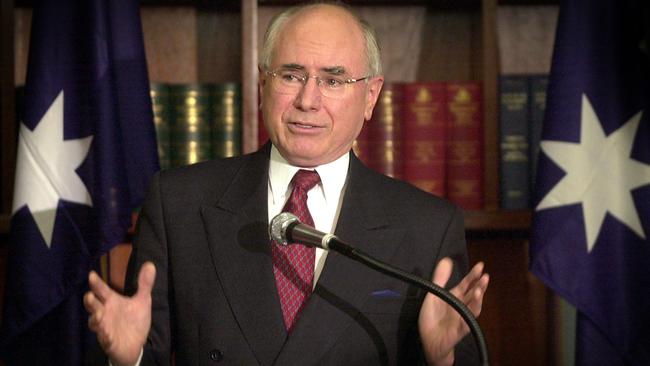
The Howard government decided to commit forces to Iraq in March 2003 without a written submission to cabinet on the costs, benefits and implications, leaving detailed briefings and lengthy discussions principally to the National Security Committee.
But the National Archives of Australia has not released any NSC documents as they have not yet been transferred from the Department of the Prime Minister and Cabinet, despite the Archives Act stipulating records should be made public after 20 years.
Instead, a six-page cabinet minute titled “Iraq: Authority for Australian Defence Force Military
Action” has been released, which notes advice and oral briefings informed the decision to deploy forces with the goal of “disarmament of Iraq’s weapons of mass destruction”.
Although the US-led invasion of Iraq did not find weapons of mass destruction, confounding intelligence agencies, John Howard and senior ministers would make the same decision today if presented with the same intelligence.
“I did not think that the system had failed,” the former prime minister told The Australian. “I think we were victims of the inevitable errors that will arise in any intelligence distillation.
“I, like so many other people, was surprised, disappointed, and not a little angry when it transpired that there weren’t stockpiles. I just kept thinking as the months went by that we would find them. We didn’t.”
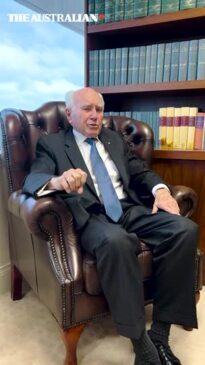
Robert Hill, then defence minister, told The Australian he scrutinised the intelligence presented to the NSC and was “confident” weapons of mass destruction would be found.
“It was that extreme confidence that I was a bit uncomfortable about,” Mr Hill said. “And that’s why I thought I would test it out with the other intelligence organisations around the world – and they all said the same thing … on the basis of the information we had at the time, it was clearly the right decision.”
The March 18 cabinet minute noted oral reports by Mr Howard on his “extensive discussions” with George W. Bush and Tony Blair, and a formal “request” by Mr Bush that morning to “participate in military action” with a coalition “to disarm Iraq of its weapons of mass destruction” following a final ultimatum to Saddam Hussein.
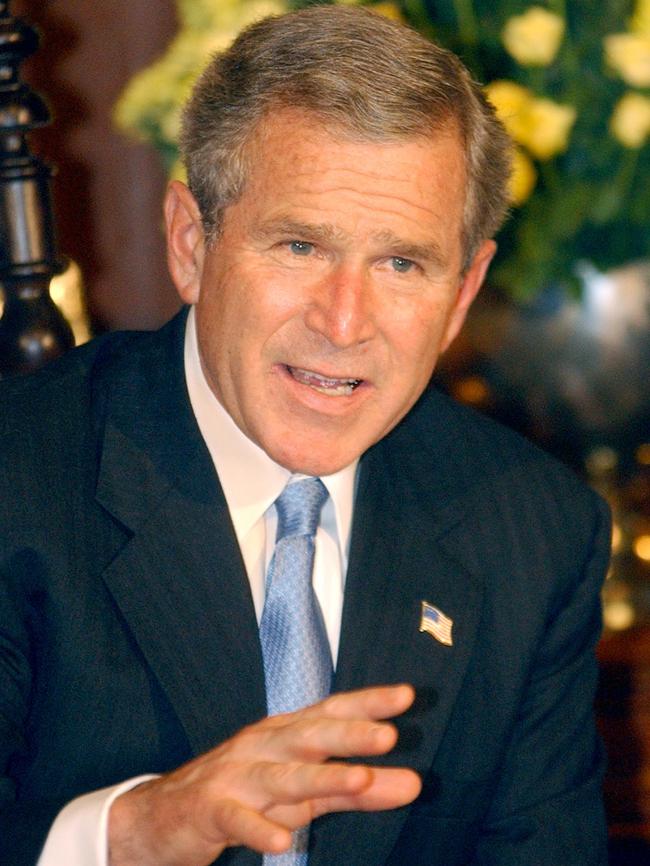
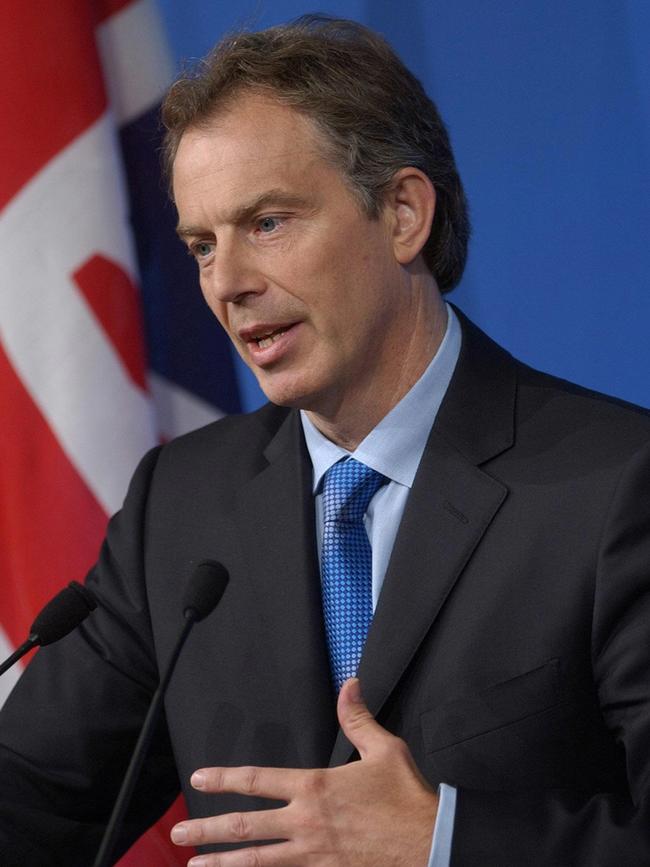
While this decision was made “without submission”, it noted Iraq’s “possession” of such weapons was in defiance of UN Security Council resolutions and represented “a real and unacceptable threat to international peace and security”, and could potentially “damage gravely Australia’s security”. Ministers were concerned these weapons could be obtained by terrorists.
Cabinet noted advice from the departments of the Attorney-General and Foreign Affairs and Trade that using force to disarm Iraq “would be consistent with Australia’s obligations under international law” but the view of the solicitor-general, David Bennett, was not provided nor sought.
There was no UN Security Council resolution authorising the invasion of Iraq but cabinet agreed the use of force was justified given previous Security Council resolutions that had not been adhered to.
Briefings were also provided by Defence chiefs on the makeup of coalition forces, the preparedness of the ADF, how it could be used in action and the “command and control” arrangements within the coalition, including being bound by Australian Rules of Engagement and targeting policy.
While cabinet noted it had “reached its decisions in accordance with its Executive Council responsibilities under the Constitution”, and there was no dissent from this decision expressed by any minister, the more extensive and detailed briefings and deliberations took place in the NSC.
Mr Howard said the decision to join the invasion of Iraq was based “at least in equal balance” between fidelity to the US alliance and the belief Hussein’s regime possessed weapons of mass destruction.
The Labor opposition at the time, led by Simon Crean, opposed the deployment of troops to Iraq.


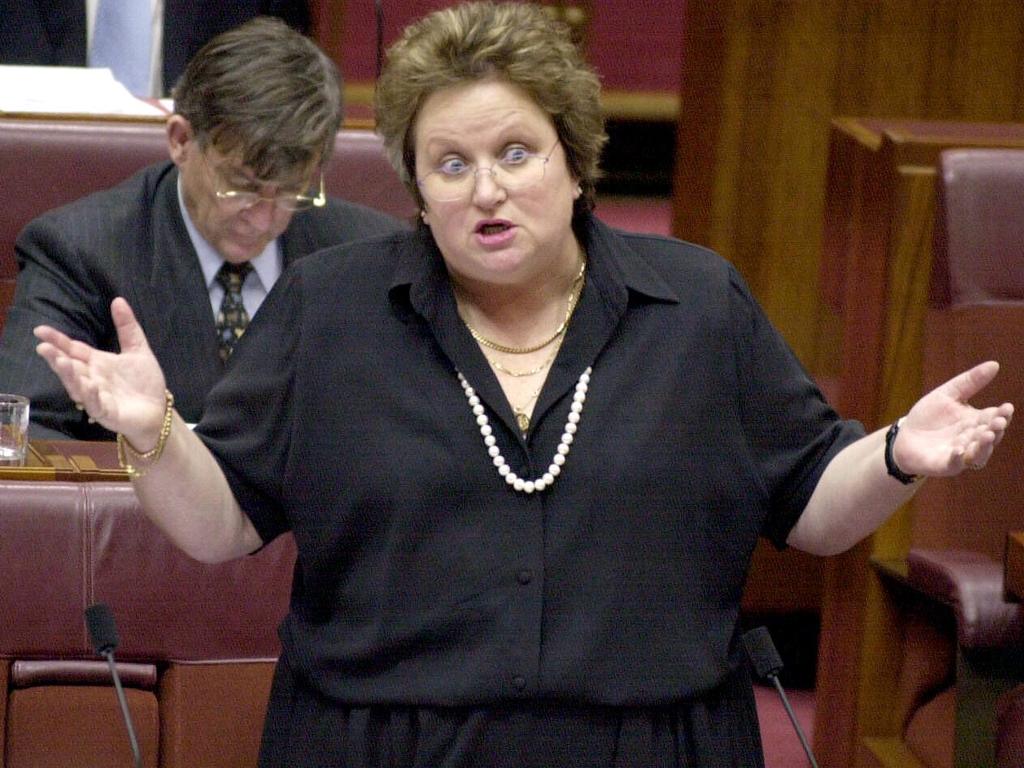

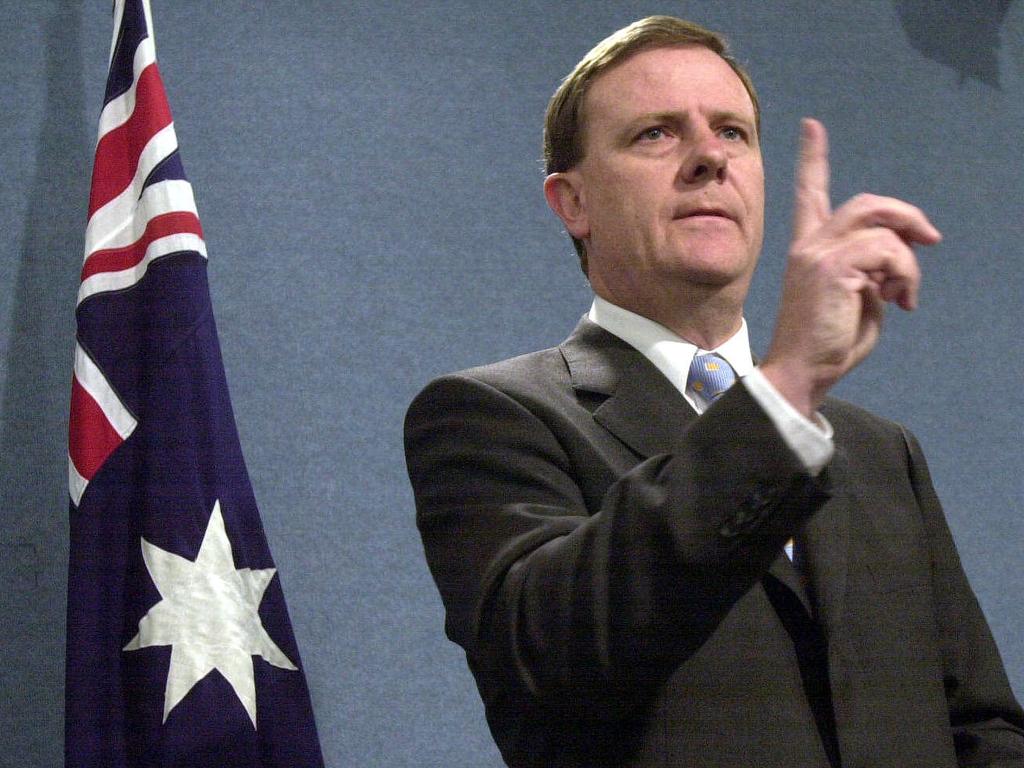


To join the conversation, please log in. Don't have an account? Register
Join the conversation, you are commenting as Logout